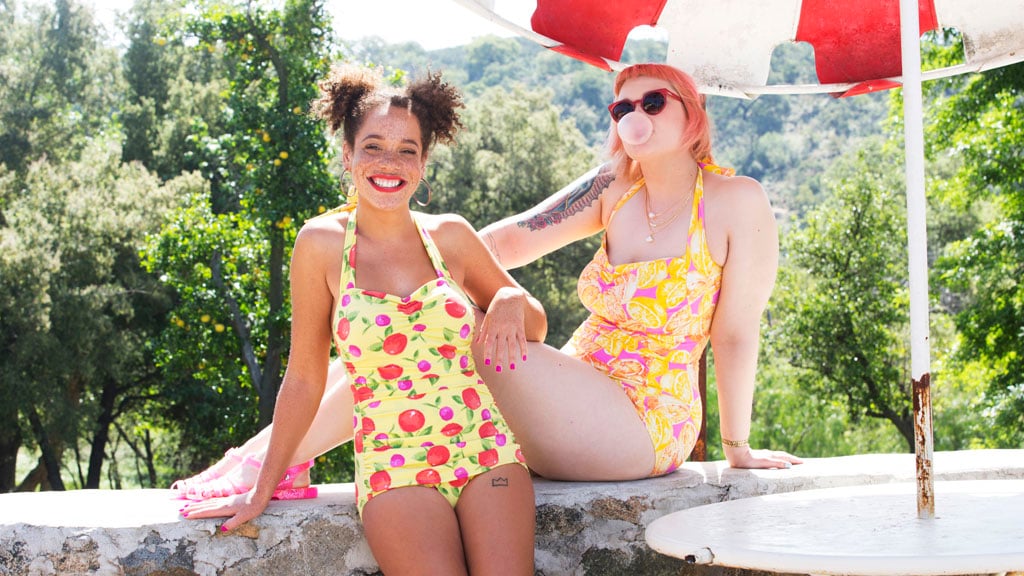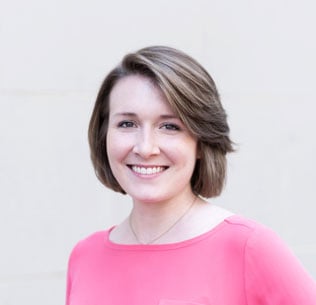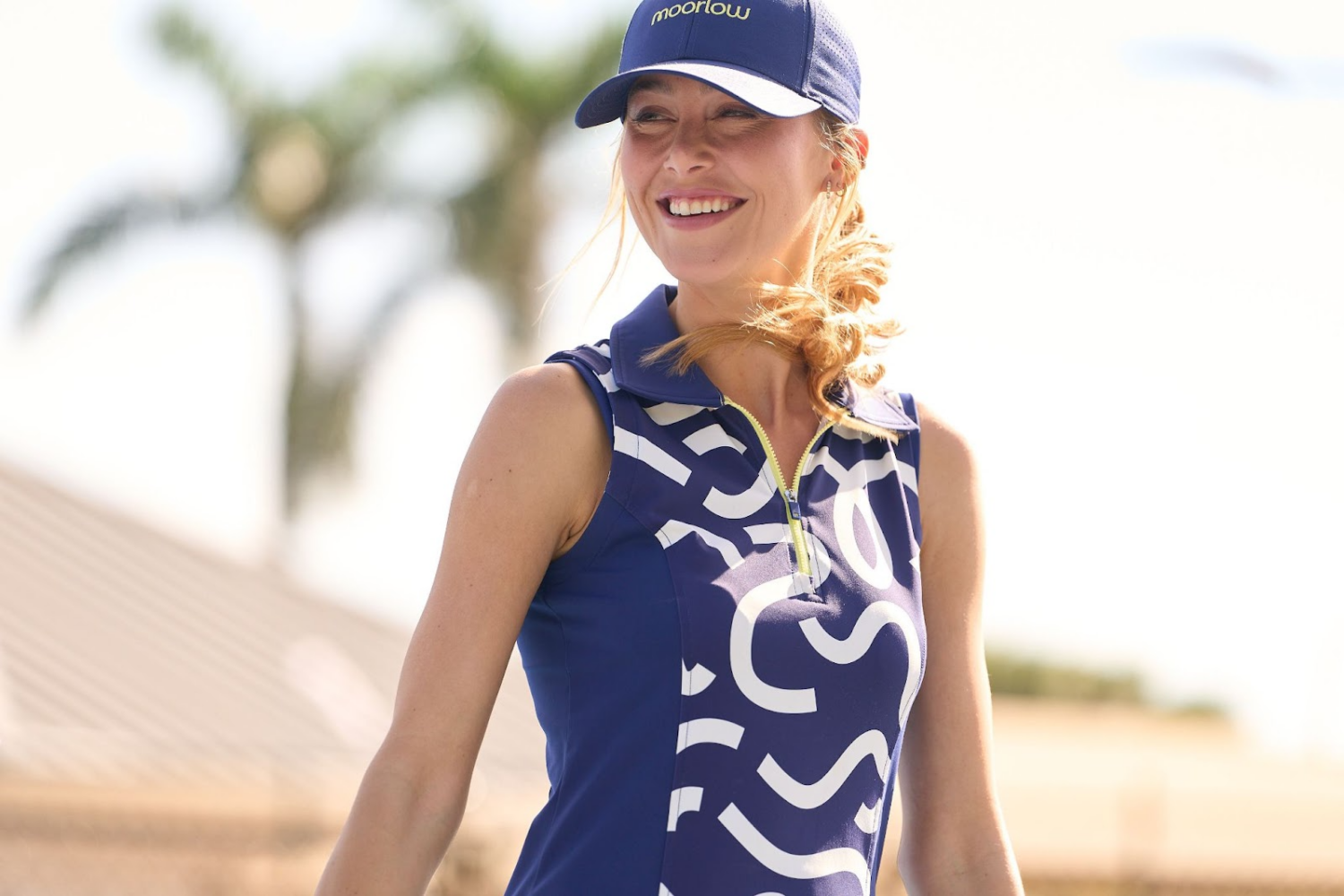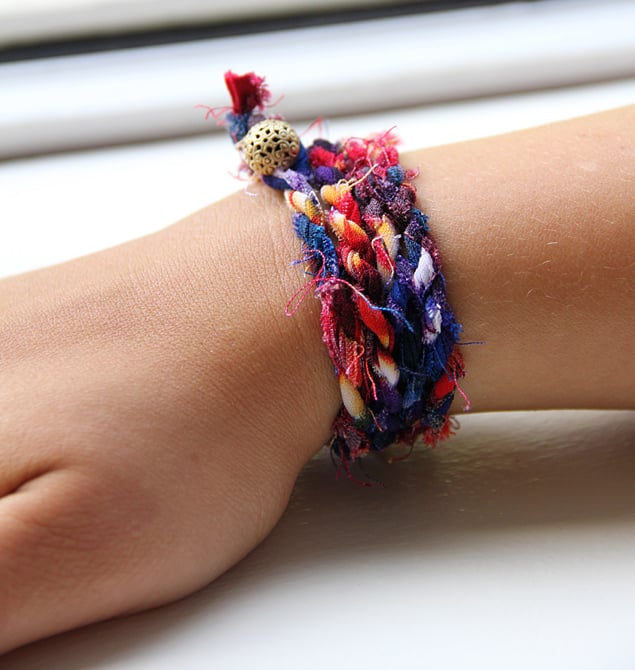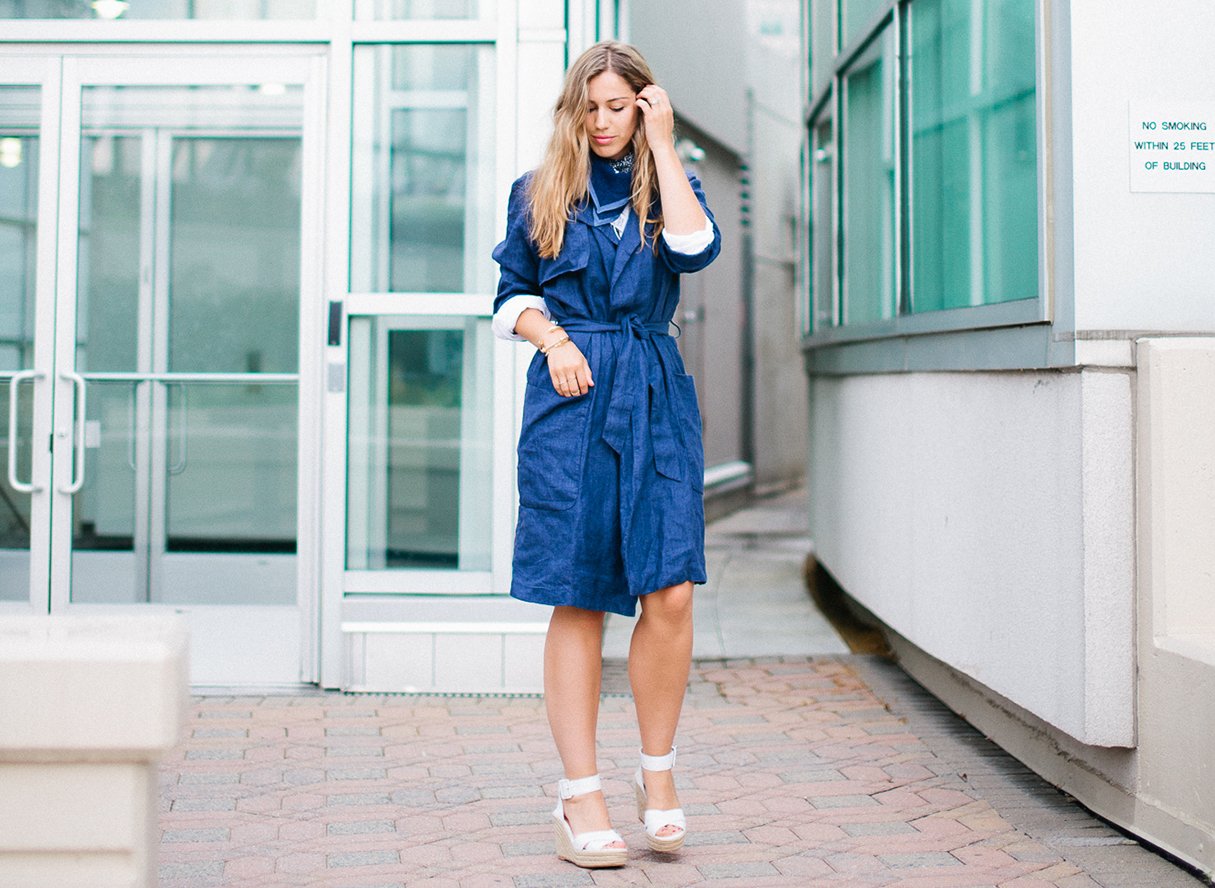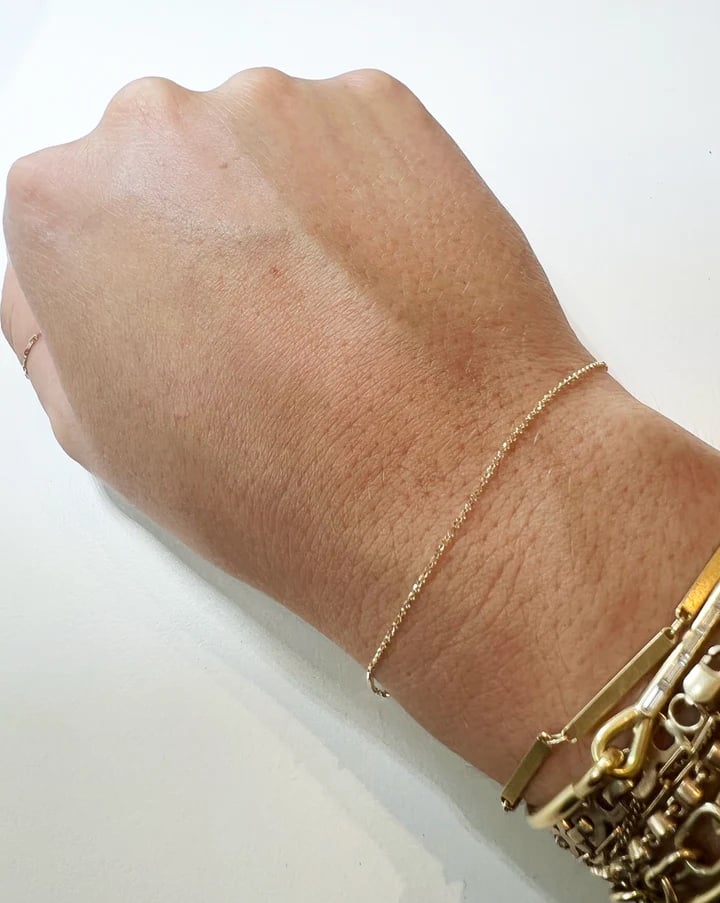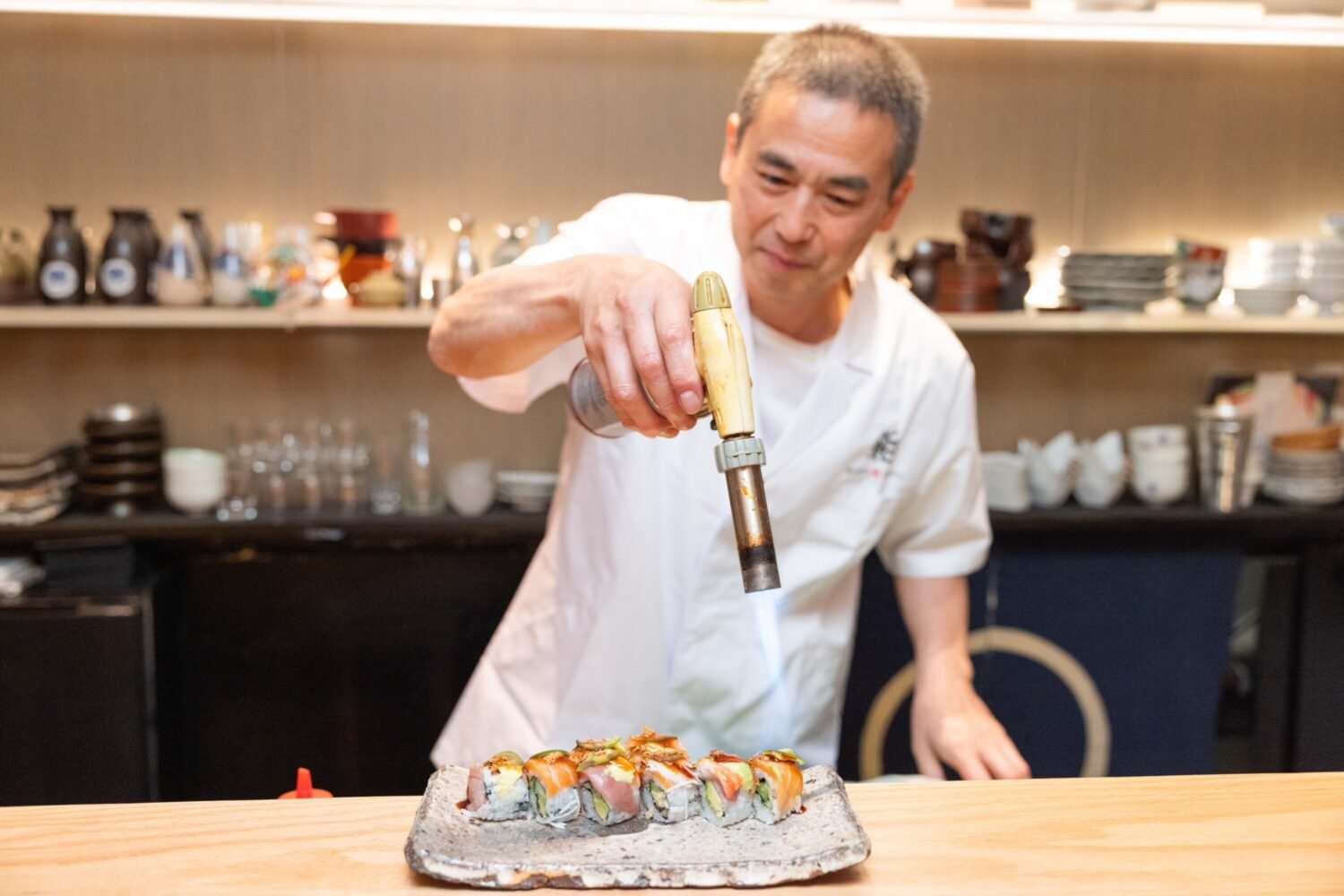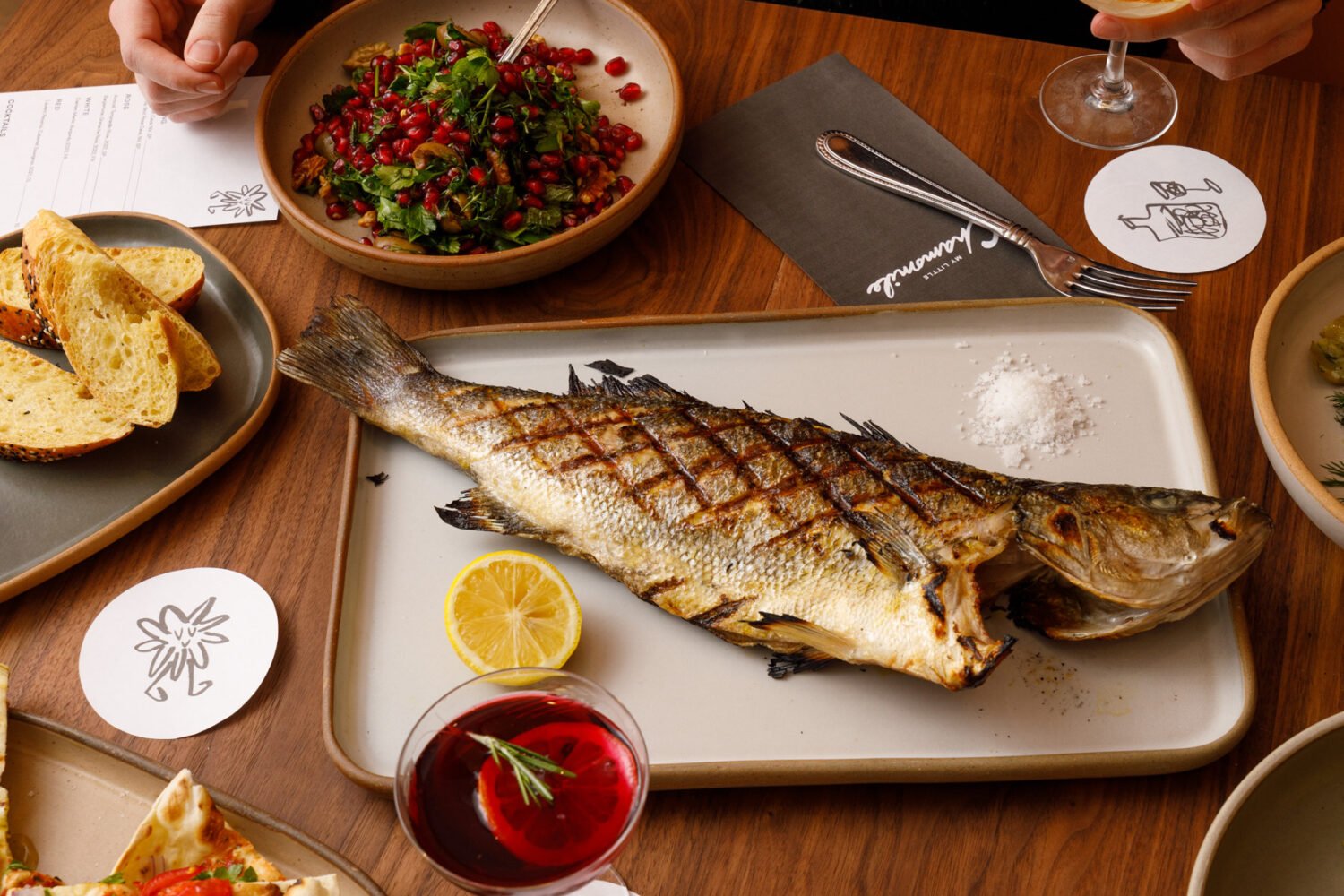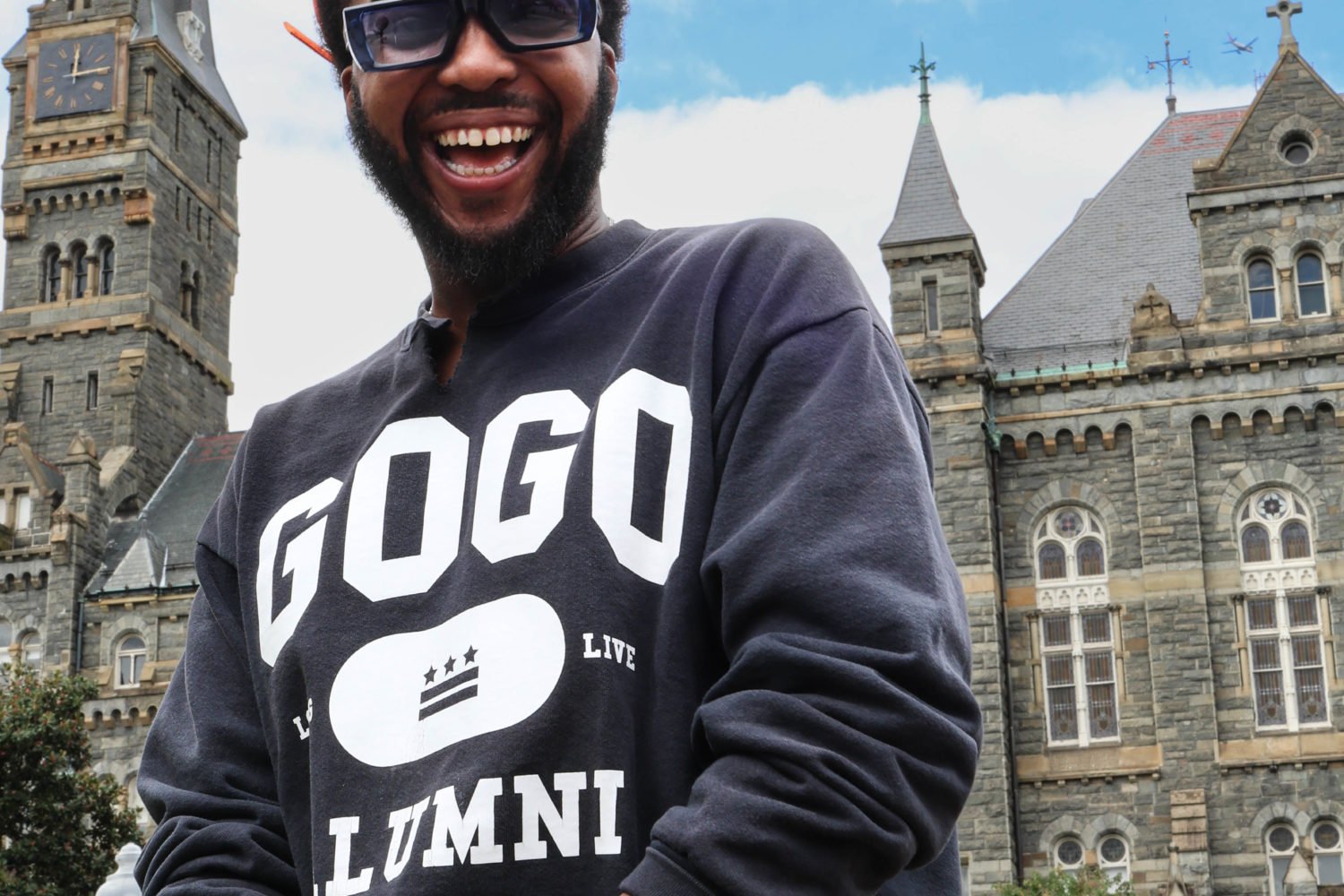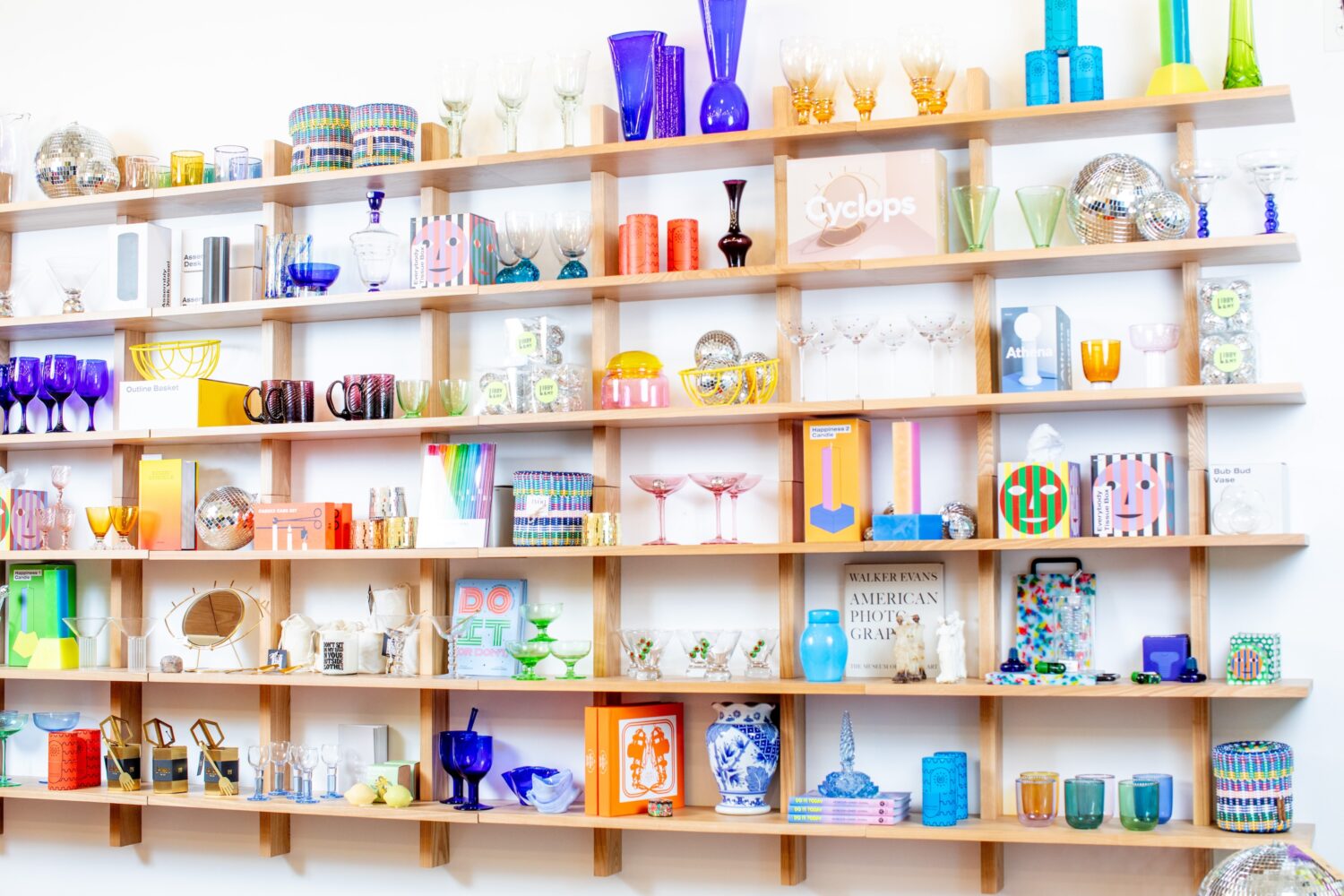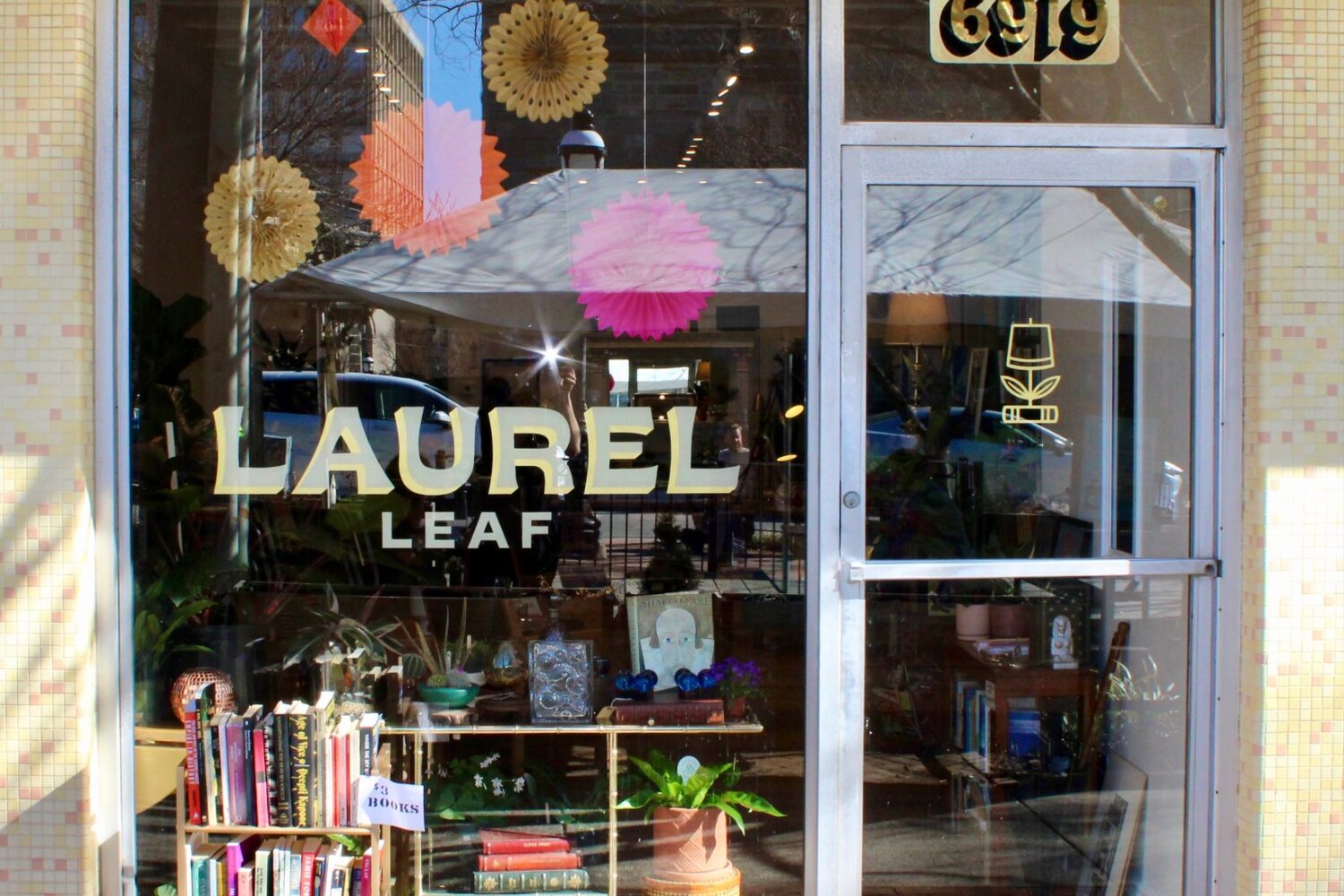ModCloth, the vintage-inspired online retailer, is currently popping-up in Georgetown. The brand’s founder and chief creative officer, Susan Koger, was on site last night to mix and mingle with locals. But Koger isn’t in town from San Francisco just to check in on the DC installment of their ModCloth IRL Tour. She’s also here to support an “anti-Photoshop” bill known as the Truth in Advertising Act, which has been stalled in Congress for the past two years.
“At ModCloth, we’ve always been about helping our customers to feel like the best versions of themselves and we do that through truthful portrayal of women,” says Koger. “We’re really committed to showing the diversity of beauty, and I think this bill…is saying like, when there are material changes made that are unrealistic, that’s something that’s harmful, and it’s something that should be regulated in the same way that you regulate products.”
On Thursday, ModCloth hosted a lunch in DC to raise awareness of the Truth in Advertising Act. The Truth in Advertising Bill was originally introduced by congresswoman Ileana Ros-Lehtinen, along with Lois Capps and Ted Deutch, in March 2014. The bill noted that, “Advertisers regularly alter images used in print and electronic media to materially change the physical characteristics of models’ faces and bodies, often altering the models’ size, proportions, shape, and skin color, removing signs of ageing, and making other similar changes to models’ appearance.” It also stated that academic evidence links these altered images to “motional, mental, and physical health issues, including eating disorders, especially among children and teenagers.”
Thus, the bill proposed that the Federal Trade Commission (FTC)—which polices things like proper labeling of materials used in textiles or accurate use of “Made in the USA” labels—develop a game plan to reduce the use of images that have been edited to change the physical attributes of faces and bodies. In 2016, a new Truth in Advertising bill was written to task the FTC with defining the degree to which alteration of images starts becoming too deceptive and to write guidelines for advertisers to follow.
The 2016 version of the bill taps some interesting points. We’ve all seen photos where human woman-sized legs turn into sticks, curves are airbrushed away, and an already tiny waist becomes a Barbie-sized waist. Those examples seem to be the kind of alterations that the bill is addressing. But what about brightening an image, erasing a stray hair, or removing a crease in a garment? Where are advertisers supposed to draw the line? The Truth in Advertising Act of 2016 recommends that it is the FTC’s responsibility to define the difference between acceptable and unacceptable use of modified images.
Some brands, including ModCloth—which a brand representative says has never materially changed images since the company launched in 2002—have taken it upon themselves to protest the practice with their own campaigns, such as American Eagle’s Aerie Real and Dove’s Real Beauty’s evolution video. In 2014, ModCloth signed a “Heroes Pledge for Advertisers” under The Brave Girls Alliance, stating that they would try not to change the shape and size of people featured in advertisements, and if they did, they’d label it as such.
Along with Thursday’s event, ModCloth is partnering with The Representation Project and I Am That Girl to launch a letter-writing campaign focused on getting their communities around the country contacting their representatives to move the bill forward. In the meantime, Koger says ModCloth will continue to show a diversity of women in their advertisements.
“Obviously we want to create beautiful imagery that’s inspiring and that’s aspirational, and I think about that aspiration as women who look like they are the best version of themselves,” says Koger. “To me, that’s what true style is—that kind of joy and confidence. It’s knowing who you are verses trying to fit yourself into a specific ideal.”

